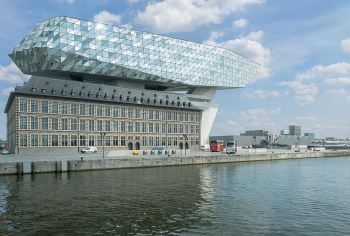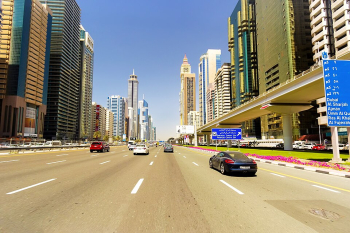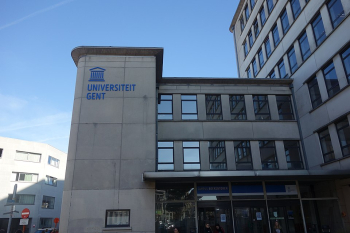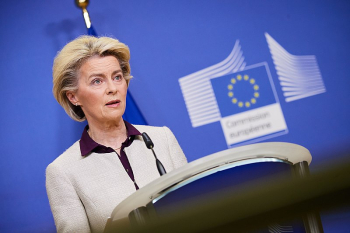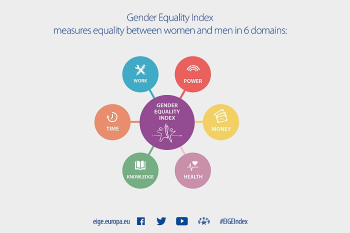
Electoral reforms proposed by the Mexican government have sparked huge protests across the country, with hundreds of thousands of people taking to the streets in more than
100 towns and cities in opposition to legislation passed by the government of Andrés Manuel López Obrador. The reform will slash funding to the country’s electoral authority, which critics say undermines its independence and ability to organise elections.
Most protesters were dressed in pink and white, the colours of the National Electoral Institute (INE), which is seen as particularly important in Mexico where elections have previously been questioned for a perceived lack of transparency in this young democracy. The INE is an independent body that manages Mexico’s electoral system with no political interference, and its establishment has been central to the country’s transition to democracy. As a result, many Mexicans are fiercely protective of the INE and see López Obrador’s reforms as no less than interfering with democracy itself.
The reform, passed by the senate on February 22 by 72 votes to 50, is being justified by López Obrador on cost grounds, with Mexico’s elections being among the most expensive in the world. The president has long criticised the INE for the size of its permanent bureaucracy and its high salaries for officials, which its supporters believe is necessary to ensure qualified and loyal staff.
However, there are two major issues with the reform. Firstly, it was not negotiated with the main opposition parties, as past reforms had been, and it was not discussed fully following the usual legislative process in Congress. Secondly, its content and effects on the INE limit the organisation’s ability to perform its duties, by changing its structure and legal power to keep political parties and candidates accountable.
INE is responsible for organising all elections in the country, including federal, state, and municipal levels. Elections take place every year at some level, with 2024 seeing Mexicans voting for the president, federal deputies, senators, nine governors, and legislators in 30 states. The process will require 150,000 polling stations across the country.
The structure of the INE is complex, with 32 executive boards at state level and 300 executive boards at district level. López Obrador’s reform cuts the number of electoral civil servants in the state board from five to three, and in the local board from five to one. These staff are responsible for organising elections, setting up polling stations, and recruiting and training people to run those polling stations during elections. INE local staff must also manage and update the voting register. The reforms are estimated to cut the number of INE staff by 85%.
The other major criticism of the reform is that it is these local INE boards which administer voter identification cards, which are seen by most Mexicans as their main form of identification. The reform will cut the number of offices issuing these cards and relocate them from their own offices into schools, health centres, and other government buildings. There are concerns that these venues will lack the security infrastructure to protect this information, and moving INE offices to these venues risks undermining their independence – or, equally as important, the public perception of their independence.
The impact of these reforms could be significant. Elections in Mexico have been a challenge, with the country’s authoritarian past leaving many suspicious of the process. The INE has worked hard to build its reputation as a trusted institution, and its independence has been crucial in securing that trust. However, the proposed reforms could threaten this trust, leaving many concerned that the government is seeking to interfere in the electoral process.
The protests have been widespread, with people from all walks of life coming together to express their opposition to the reforms. Most protesters have been dressed in pink and white, the colours of the INE, and they have been attacking the reforms as unconstitutional and designed to make electoral scrutiny less effective while also making. Photo by Dickelbers, Wikimedia commons.

